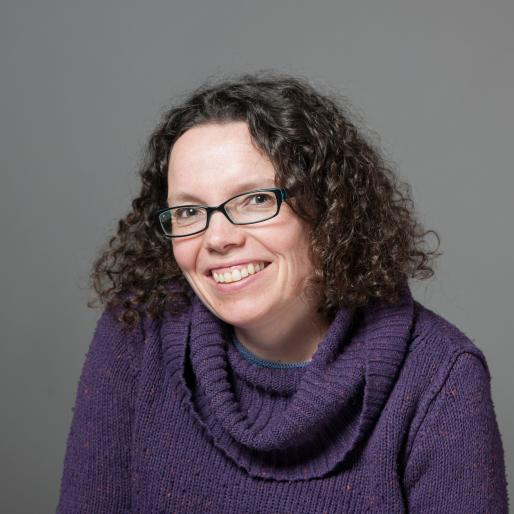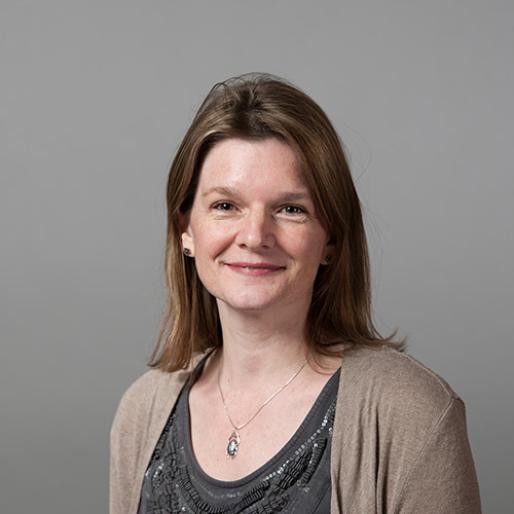The big picture: using wildflower strips for pest control
Rothamsted scientists are assessing whether flower-rich margins, hedgerows or tree lines are helping improve yield and asking farmers to help by sending them GPS data collected at harvest.
In return for their help, the Institute will provide farmers with an easy to interpret summary of the findings, with tips on how they might increase production.
The data will be integral to a study linking the biodiversity found just beyond the field with variations in yield within it
Dr Helen Metcalfe, who is collating the data, said different types of field boundaries could help to reduce the yield decline at field edges.
“Have you ever wondered what the true benefit of hedgerows, treelines or flower rich margins are on your crop yield?
“By linking the yield monitor data collected by GPS enabled combine harvesters with the presence of different landscape features, we will try to determine whether yield decline towards the edge of fields is associated with certain types of boundaries.
“Likewise, we will also identify whether features known to support pollinators and other beneficial wildlife are having a positive effect on yield in the nearest parts of the crop.
“We’d be really grateful it if any farmers with yield monitor data from their combines would share it with us.”
The EcoStack project is hoping that information on the location, quality and quantity of landscape features such as hedgerows or wildflowers linked to yield maps will give the clearest indication yet on the benefit of on-farm biodiversity.
Data from any sort of crop, from any part of the UK will be useful, added Dr Metcalfe, stressing that no farmer data will be shared beyond this project.
“We won’t publish maps or use them in presentations without prior consent, and the way the data will be pooled and processed before publication means nothing identifiable will be detectable from it.”
More information on how to take part, including simple instructions on how to download combine data, can be obtained from here

Ecosystems Modeller

Spatial Statistician

Behavioural Ecologist
Rothamsted Research is the longest-running agricultural research institute in the world. We work from gene to field with a proud history of ground-breaking
discoveries in areas as diverse as crop management, statistical interpretation and soil health. Our founders, in 1843, were the pioneers of modern
agriculture, and we are known for our imaginative science and our collaborative approach to developing innovative farm practice.
Through independent research, we make significant contributions to improving agri-food systems in the UK and internationally, with
economic impact estimated to exceed £3 bn in annual contribution to the UK economy. Our strength lies in our systems approach, which combines strategic research,
interdisciplinary teams and multiple partnerships.
Rothamsted is home to three unique National Bioscience Research Infrastructures which are open to researchers from all over the world:
The Long-Term Experiments,
Rothamsted Insect Survey and the
North Wyke Farm Platform.
We are strategically funded by the Biotechnology and Biological Sciences Research Council (BBSRC), with additional support from other national and
international funding streams, and from industry. We are also supported by the Lawes Agricultural Trust (LAT).
The Biotechnology and Biological Sciences Research Council is part of UK Research and Innovation, a non-departmental public body funded by a grant-in-aid
from the UK government.
BBSRC invests to push back the frontiers of biology and deliver a healthy, prosperous and sustainable future. Through our investments, we build and support a vibrant,
dynamic and inclusive community which delivers ground-breaking discoveries and develops bio-based solutions that contribute to tackling global challenges,
such as sustainable food production, climate change, and healthy ageing.
As part of UK Research and Innovation (UKRI), we not only play a pivotal role in fostering connections that enable the UK’s world-class research and innovation system
to flourish – we also have a responsibility to enable the creation of a research culture that is diverse, resilient, and engaged.
BBSRC proudly forges interdisciplinary collaborations where excellent bioscience has a fundamental role. We pioneer approaches that enhance the equality, diversity,
and inclusion of talent by investing in people, infrastructure, technologies, and partnerships on a global scale.
The Lawes Agricultural Trust, established in 1889 by Sir John Bennet Lawes, supports Rothamsted Research’s national and international agricultural science through the provision of land, facilities and funding. LAT, a charitable trust, owns the estates at Harpenden and Broom's Barn, including many of the buildings used by Rothamsted Research. LAT provides an annual research grant to the Director, accommodation for nearly 200 people, and support for fellowships for young scientists from developing countries. LAT also makes capital grants to help modernise facilities at Rothamsted, or invests in new buildings.